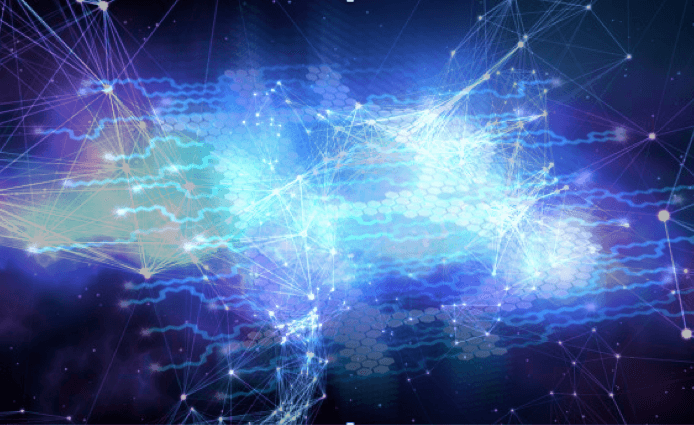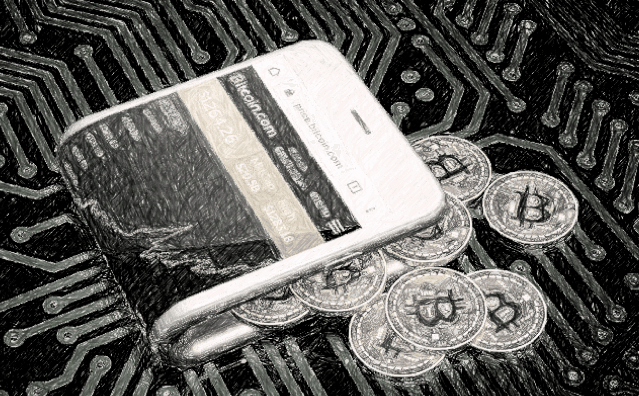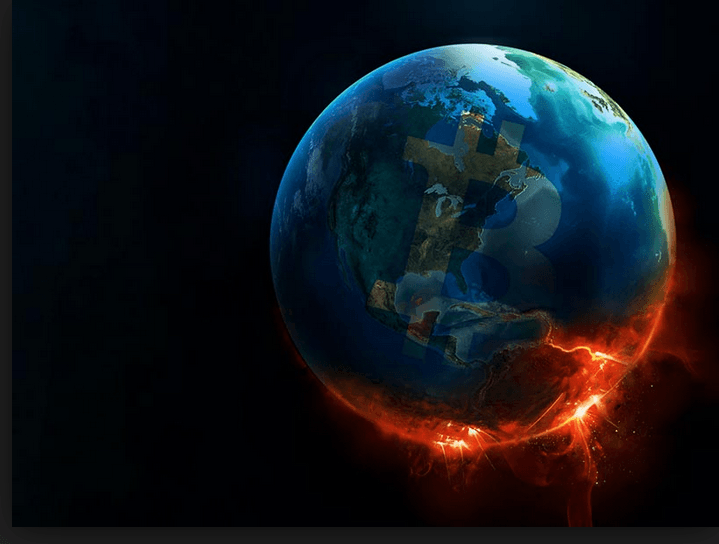
Introduction to Economics in a Time of Algorithm Blockchain Economy!
We live in a time of economics. Moreover a time of algorithm driven AI, blockchain economics. This Guide wants to highlight, reflect and question how economics are sifting in a time of fintech, algorithm mathematics AI driven patterns, algorithm trading, robot advisers, Bitcoin, Blockchain and other automated economics and trading / investing. Also how AI is shifting the face of global economy.
AI and Blockchain driven technology are bringing a global “economic revolution” as Richard Branson recently stated, and special the financial and capital markets industry total disruption in the financial industry many developing countries where proving ownership of assets or getting access to capital is difficult.
An example of a new economy is the big investment player J.P. Morgan Chase & Co. that is working on a new twist on the distributed ledger technology behind bitcoin that would allow the iconic and powerful bank to use a publicly blockchain technology available system for confidential transactions.
The move is a break with how capital markets and some big banks have approached the use of the distributed ledger-style network, known generally as the blockchain, to try to replace creaking old systems with faster new innovative disruptive technology. Instead of creating a completely new private blockchain, J.P. Morgan is highlighting its economic and financial infrastructure in a way that has found how to limit access to transactions shared via a network to people who need to know the details, like parties to the capital markets and economic activity such as trading or regulator management.
Learning and often re-learning the basics of the economy is critical. This guide by tradersdna.com offers a solid education center and in this guide we will elaborate in the basics of what is economics in a time of innovative disruption. Economics is a very big concept that is in the DNA of mankind and in general it can still be summarised as the form of social science studying the production, distribution and consumption of goods and services.
Economics are however a complex and sometimes not consensual notion, and as social science that spans from macro mathematics to behavior psychology is still something evolving. At its most basic, however, the concept of economics considers how a given society, country, continent or organisation provides for its procurement, system of value, money or related financial elaboration needs.
The most basic need of economics is based in an evolutionary concept of survival; which requires food – commodities, clothing and shelter – goods and equities as these items are produced by companies. Once those needs are covered, it can then look at more sophisticated concepts that are organised in commodities such as services, personal transport, entertainment, technology, the list goes on. Today, the economic social science is a very advanced concept that affects and somehow dictates global countries and populations organised in societies.
This concept is what we have known as “Economics” that tends to refer only to the various type of economic thought which various generations of political economists refer to as Neoclassical Economics. The macro concept of Economics was developed in the 18th century, special by Adam Smith (1723-1790). Since than the concept based on the philosophy of ideas that rationalise society and how it advances with the idea that Economics can analyse mathematically and scientifically.
Economics are now under a new fast growing shift as AI algorithm driven analysis of society and organisation of its value changes the way we look at economics and humankind in general. Economics will never be the same with AI, algorithm finance, Bitcoin, Blockchain, algorithm trading shift economics faster than most of humans and ironically their leaders think.
” A mathematician starts with a problem and creates a solution; a consultant starts by offering a “solution” and creates a problem. The curious mind embraces science; the gifted and sensitive, the arts; the practical, business; the leftover becomes an economist. Most so-called writers keep writing and writing with the hope, some day, to find something to say.” Nassim Taleb, “The Bed of Procrustes”
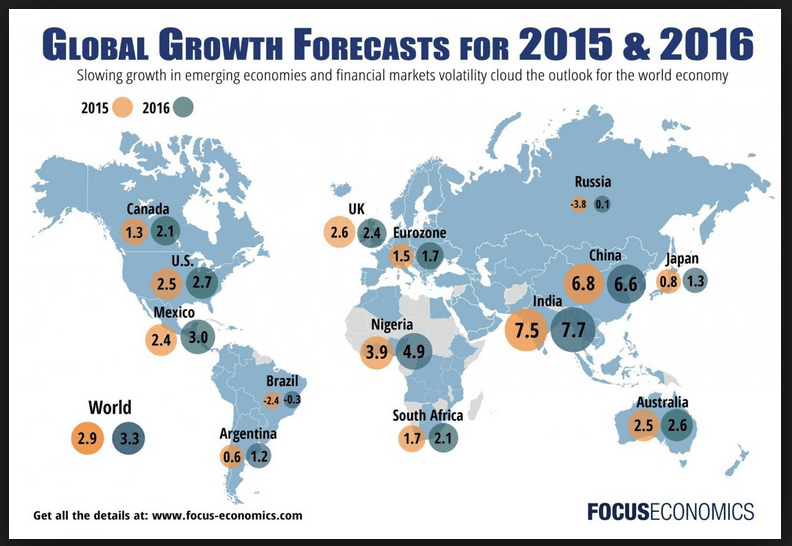
Economics and the concept of Value
A generally concept associated with economics is the accepted notion of Value, that can be analysed mathematically and scientifically. The elaboration of the worth of goods and services as determined by markets has advanced the concept of economics in the global society we live now.
Therefore an important part of the concept and study of Economics is the research of regulation, policies and activities for the generation and transfer of Value within markets in the form of goods and services.
Often a measure for the worth of goods and services is units of currency such as the US Dollar, peso, etc… But, unlike the units of measurements in Physics such as Seconds for Time, there exists no absolute basis for standardizing the units for Value. Usually the value of a currency is related to the value of Gold, which in turn is valued by amount or number of goods and services that it can be exchanged for. Because the rate of production of gold in the world is slower than the rate of creation of goods and services, the relation between gold and currencies is not as strict as it used to be.
The concept of economy and its related value has a huge impact on the measurement and quality of our lives, special as we advance into a society driven by data and mathematics managed by sophisticated advanced algorithms. Therefore economics affect everyone as it is the macro form of analising a given society and those whom have had an effect on the policy adopted by economics, how it functions and the related economy’s perception and notion of health that remain influential both during their tenure and for generations after.
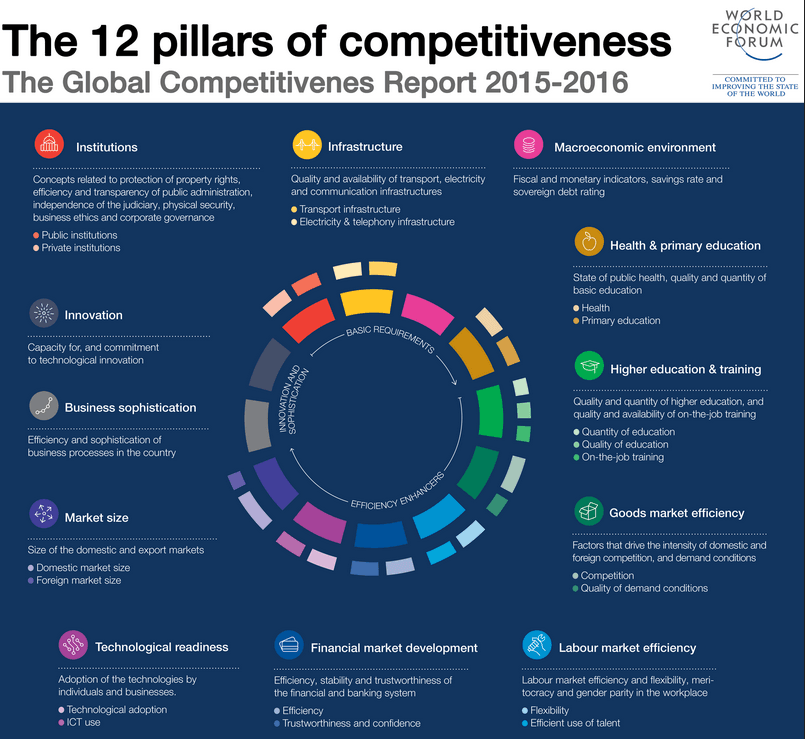
The Market(s)
Conventionally the market is the place where buyers and sellers go to buy and sell. The name comes of course from those gatherings of people in towns, but today markets not just physical, they are more and more digital and advance with digital and peer to peer interaction.
Not only we have now electronic marketplaces such as Amazon, Alibaba, eBay, crowdfunding platforms, peer to peer platforms, capital markets institutional and retail interactions, social trading communities. Markets are fast evolving and are also seen as the congregation of all people buying and selling things everywhere and how countries acquire and sell their money and their debt.
This is usually named “the market” and referenced to as it is a thing with a will and a power of it’s own until now. But of course, now is a new re-dimensional unknown reality that it is the average will and opinion of all the buyers and sellers, the actors, on the market that shows itself by prices rising and falling and money moving around but also all the machines and AI that are used to manage all the global financial and trading markets.
The question now is what are the markets in an accelerated geo-politics global technological landscape that blockchain, bitcoin and AI algorithm driven financial and economics?

The concepts of scarcity and the two arms of economics: Microeconomics and Macroeconomics
In order to advance with this concept or to reflect about economics in an time of AI, algorithms we need to understand algorithms and the patterns of the own genesis of economics. And the relevance to it one needs to begin our discussion of the new economy with a better understanding of how value, markets evolve in the traditional form of these revisited concepts / notions:
- The concept of scarcity in a fast evolving machine learning economics.
- The two arms of the study in economics: Microeconomics and Macroeconomics and how peer to peer and blockchain are rewriting the rules of economics.
- Scarcity in a fast fast evolving machine learning economics
Scarcity , a concept that we have already implicitly discussed in the introduction of this tutorial refers to the tension between our limited resources and unlimited wants and needs. For an individual, the resources include time, money and skills. For a country, limited resources include natural resources, capital, labor force and technology.
Because our resources are limited compared to our wants and needs, individuals and nations must make decisions about the goods and services they can buy and which ones they should give up. For example, if you choose to buy a TV instead of a Home Thearter, then you must have to give up the possession of TV in exchange quality Home Thearter. Of course, every individual and nation will have different values, but different levels of (SCARCE) resources, nations, people e.t.c is responsible in forming a part of these values because of the particular shortages they face.
So because of the shortage, people and economies must make decisions about how to allocate their resources. Economy, in turn, aims to study why we take these decisions and how we allocate our resources as efficiently as possible.
- Macro and Microeconomics and how peer to peer and blockchain are rewriting the rules of economics.
Macro and microeconomics are the two points of view from which any nation economy is observed. In Macroeconomics the total output of a nation and how the nation allocates its limited resources of land, labor and capital in order to maximize production levels and promote trade and growth for future generations is carefully studied. After observing the whole society, it was noted by Adam Smith that there was an invisible hand to turn the wheels of the economy: a market force that keeps the operation of the economy.
Microeconomics focuses on similar issues, but at the level of individuals and businesses in the economy. There tend to be more scientific in its approach, and studies the pieces that make up the whole economy. The analysis of certain aspects of human behavior, mісrоесоnоmісѕ shows us hоw іndіvіduаlѕ аnd fіrmѕ respond to price changes and why they ask what they do to certain price levels. So how Peer to Peer, crowdfunding, crowd-sourcing are shifting economics?
Micro and macroeconomics are closely linked; economists gain understanding of certain phenomena, they can help nations and individuals make informed decisions when allocating resources. The systems by which nations allocate thеіr resources can bе placed on a ѕресtrum, whеrе control of the economy to a market economy is the end and the other.
The market economy calls for forces in a competitive market, which are the “invisible hand” to determine how to allocate resources. The global new economy is now a machine driven economy where around 80% of the global money is managed by machines and AI software algorithm tech.
In a time when most of the studies state that Blockchain Will Be Used By 15% of Big Banks By 2017 a lot is going to change in the world economy and specially in capital markets where IOT technologies and AI are the new pillars and infrastructure as electricity in the 19th century,
The future control economic system based on the government to decide how the country’s resources would be better allocated is now being questioned / evolving driven by digital software, Blockchain, Bitcoin. In both systems, however, scarcity and unlimited systems are still the norms of economics, the wants to force governments and individuals to decide how best to manage resources and assign them in the most efficient manner possible are still the question market of economics. So the question is what are the limits to what the economy and the government can do in this new AI, algorithm driven big data economy?
Dinis Guarda is an author, academic, influencer, serial entrepreneur and leader in 4IR, AI, Fintech, digital transformation and Blockchain. With over two decades of experience in international business, C level positions and digital transformation, Dinis has worked with new tech, cryptocurrencies, drive ICOs, regulation, compliance, legal international processes, and has created a bank, and been involved in the inception of some of the top 100 digital currencies.
Dinis has created various companies such as Ztudium tech platform a digital and blockchain startup that created the software Blockimpact (sold to Glance Technologies Inc) and founder and publisher of intelligenthq.com, hedgethink.com, fashionabc.org and tradersdna.com. Dinis is also the co-founder of techabc and citiesabc, a digital transformation platform to empower, guide and index cities through 4IR based technologies like blockchain, AI, IoT, etc.
He has been working with the likes of UN / UNITAR, UNESCO, European Space Agency, Davos WEF, Philips, Saxo Bank, Mastercard, Barclays and governments all over the world.
He has been a guest lecturer at Copenhagen Business School, Group INSEEC/Monaco University, where he coordinates executive Masters and MBAs.
As an author, Dinis Guarda published the book 4IR: AI, Blockchain, FinTech, IoT, Reinventing a Nation in 2019. His upcoming book, titled 4IR Magna Carta Cities ABC: A tech AI blockchain 4IR Smart Cities Data Research Charter of Liberties for our humanity is due to be published in 2020.
He is ranked as one of the most influential people in Blockchain in the world by Right Relevance as well as being listed in Cointelegraph’s Top People In Blockchain and Rise Global’s The Artificial Intelligence Power 100. He was also listed as one of the 100 B2B Thought Leaders and Influencers to Follow in 2020 by Thinkers360.


































